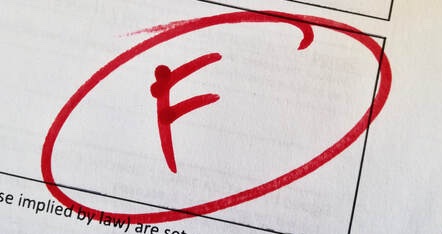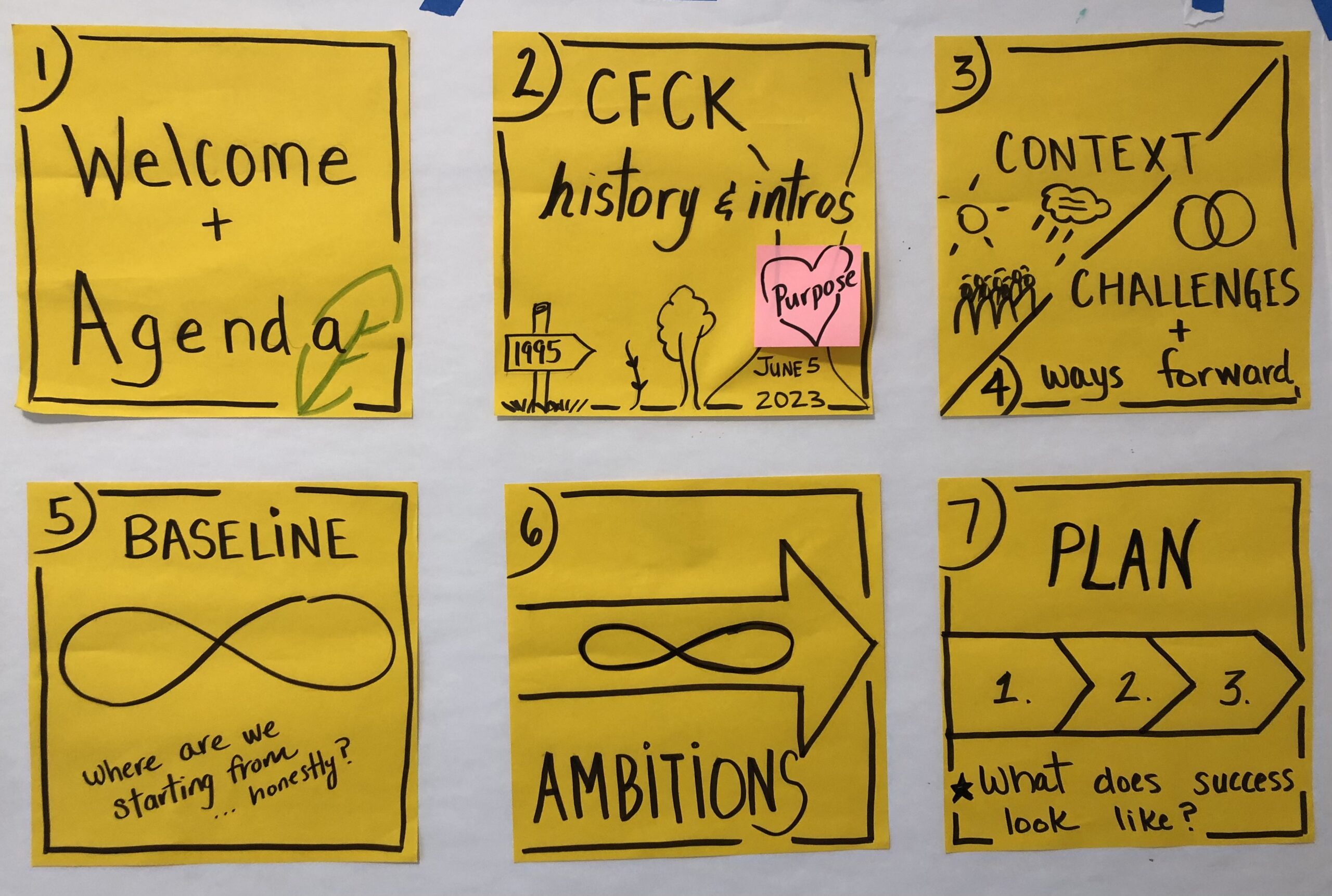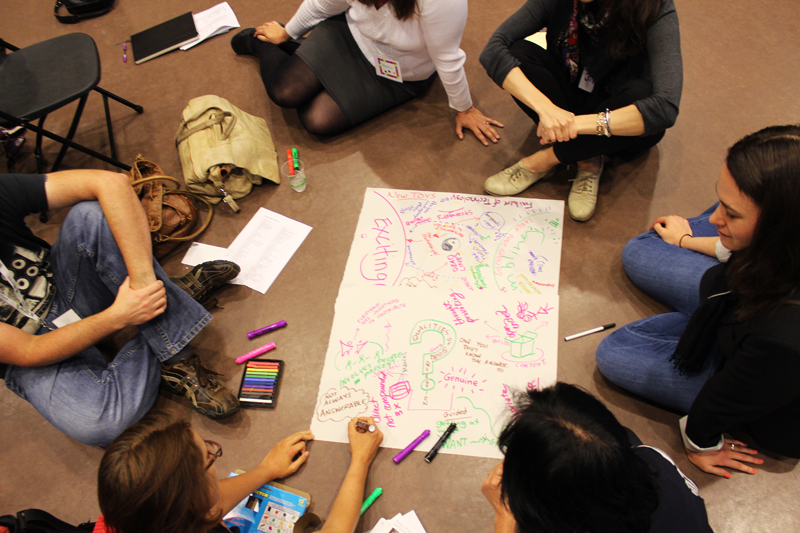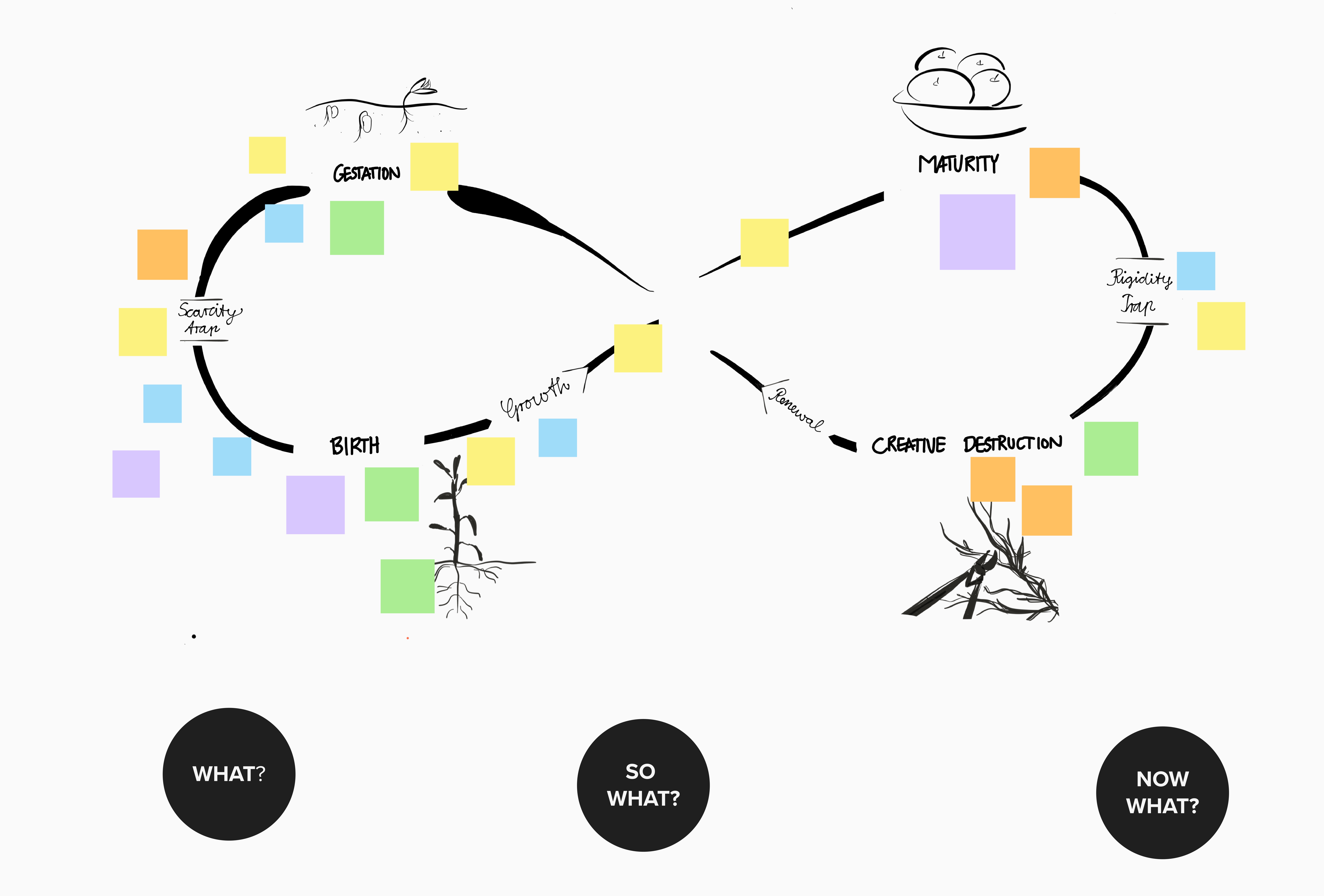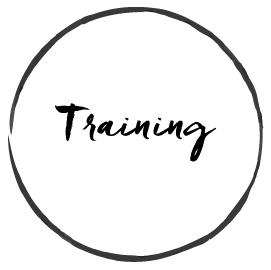 Have you ever collaborated with someone yet didn’t feel like it was quite collaboration? Perhaps you received a contribution or a comment or an input that was interesting yet didn’t make a substantive difference to the end product? I feel the word collaboration is used loosely and should be reserved for times when all contributors are needed to create the outcome. If this isn’t the case, maybe the input should be labelled differently such as contribution, cooperation, or commenting by colleagues.
Have you ever collaborated with someone yet didn’t feel like it was quite collaboration? Perhaps you received a contribution or a comment or an input that was interesting yet didn’t make a substantive difference to the end product? I feel the word collaboration is used loosely and should be reserved for times when all contributors are needed to create the outcome. If this isn’t the case, maybe the input should be labelled differently such as contribution, cooperation, or commenting by colleagues.
This blog post from Cloudhead is a good start on differentiating terms we use in the world of working together:
“When collaborating, people work together (co-labor) on a single shared goal.
Like an orchestra which follows a script everyone has agreed upon and each musician plays their part not for its own sake but to help make something bigger.
When cooperating, people perform together (co-operate) while working on selfish yet common goals.
The logic here is “If you help me I’ll help you” and it allows for the spontaneous kind of participation that fuels peer-to-peer systems and distributed networks. If an orchestra is the sound of collaboration, then a drum circle is the sound of cooperation. ”
I would add to this that “To Collaborate” is to contribute to an end goal in a way that could otherwise not be reached without that collaboration. Hence, collaboration can help create efficiencies of work (rather than increase work load) and bring new ideas to the end product which often means a stronger more robust product as well.

